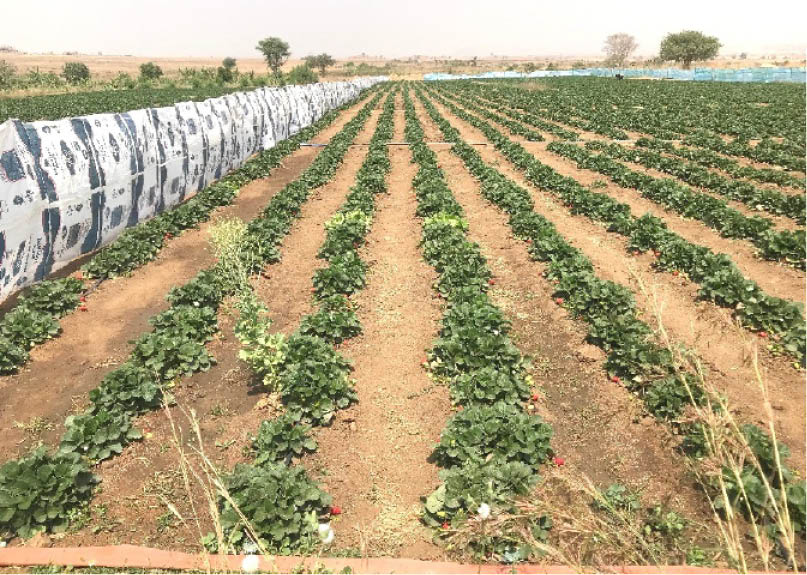Zamfara farmers embrace new sorghum seeds
Sorghum farmers in Zamfara State have said they embraced the new improved sorghum seeds called CSR-01 because of its good yield and advantage of early harvest when compared to other seeds. The farmers spoke during the 2019 wet season sorghum Farmer Field and Business School (FFBS) Green Field Day by the IFAD – CASP, Zamfara […]

Sorghum farmers in Zamfara State have said they embraced the new improved sorghum seeds called CSR-01 because of its good yield and advantage of early harvest when compared to other seeds.
The farmers spoke during the 2019 wet season sorghum Farmer Field and Business School (FFBS) Green Field Day by the IFAD – CASP, Zamfara State support office.
The new improved CSR-10 sorghum seeds are being introduced to farmers through an IFAD – CASP new extension methodology called FFBS in the state.
The farmers, who spoke to our correspondent in Kwaren Ganuwa community in Tsafe Local Government Area of the state, said sorghum from the new improved CSR-01 seeds could be harvested within 80 to 86 days of planting, thus having an edge over the traditional sorghum seed that matures after more than 100 days of planting.
“When I came with the seeds and planted it later than the traditional planting time, many of my colleagues thought I was going to fail because they thought I was late. But here it is, the sorghum plantation has grown and ready for harvest within 86 days,’’ a farmer, Tukur Muhammad said.
He said dozens of farmers thereafter indicated interest in the seeds because of its viability and greater promise for good yield.
Another farmer, Aliyu Yusha’u, said even though he was yet to plant the seeds on his farm, he learnt from his friend that they were farmer-friendly and a lot of benefits could be reaped from it.
The farmers, however, complained about a parasitic weed called strigar, which is locally known as kuduji, saying the weed hampers sorghum fields from giving good yield. The strigar weed attaches its roots to those of the crops, tapping water and fertilizer, thus leaving very little for the crops to survive on.
However, an official of the IFAD-CASP in the state told Daily Trust on Sunday that strigar could be eliminated through a mechanical method known locally known as sassarya, which farmers normally apply late during the cropping season.
On his own part, the state programme officer of IFAD-CASP in Zamfara State, Dr Ibrahim Abdullahi Gusau, said rural dwellers and farmers were suffering from climate change, especially in the northern part of the country.
“Climate change is taking its toll on rural farmers, that is why they are being taught how to adapt to such changes. The farmers are being taught new farming techniques to improve their skills for greater output,’’ he said.
